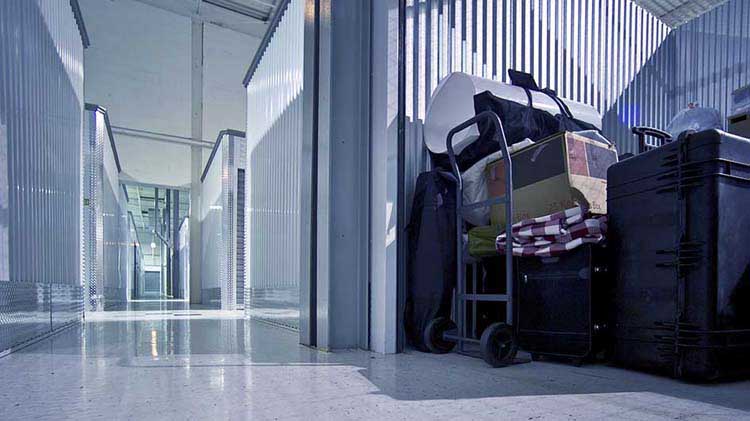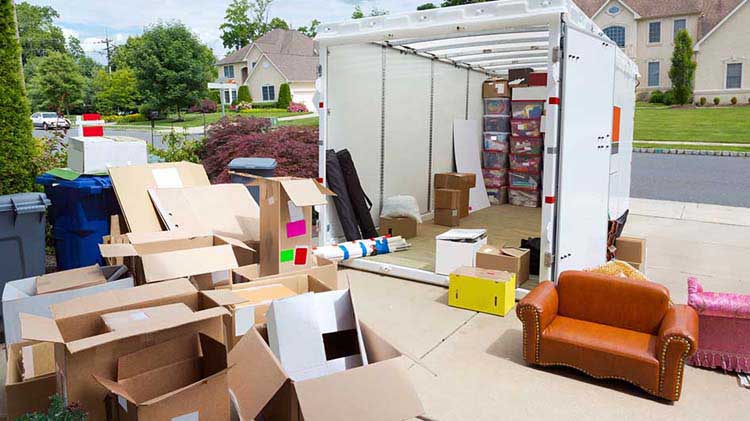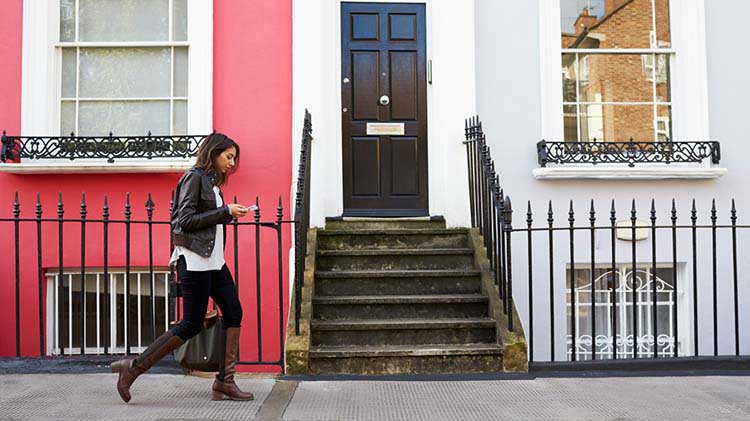Tips for renting a storage unit
Tips for selecting a rental storage unit, packing personal possessions and insurance for storage.
Need additional storage for your belongings? Moving to a new apartment or home and need some temporary storage? Consider renting a storage unit to help keep your possessions safe and secure. But before you start packing, you should know what to look for in a rental storage unit or facility and a few tips to keep your items safe and secure.
Tips on how to select a rental storage unit
Research is one of the best ways to select a rental storage unit or facility. Take the time to explore different units and facilities. When you do, ask:
- Does it have 24/7 security cameras or guards? Security is one of the most important factors for selecting a rental storage unit.
- Is it a gated storage facility with fencing? That might help provide an added level of protection.
- Is there keypad access or locks with short arms? Short arms on a lock might be more resistant to bolt cutters.
- Does it have back-up alarms? If so, does it notify the owners or a security monitoring agency?
- Does it have exterior lighting? A well-lit facility might be more desirable.
- What kind of rental space does it have? You don't want to have to pay for a unit that is bigger than what you need.
- Is it clean? A poorly maintained facility might be an indication of a lack of security.
- Does it provide insurance for your items? Some storage facilities offer insurance. If not, check your current homeowners or renters insurance policy to see how they handle items you store.
- Ask about the storage contract. Just like an apartment lease, read the contract and understand the facility's pricing, minimum lease length and expectations before signing.
While shopping around for a storage unit or facility, request to tour empty units and ask if they have been inspected for leaks, pests and other common nuisances. If the property is in disorder or makes you feel uncomfortable in any way, keep looking.
Get a renters insurance quote
Want to protect your stuff?
Storage unit organization ideas
Careful, well planned packing is important to help keep your belongings in good shape — and easily retrievable. Use this list as a guide:
- Wrap fragile items in bubble wrap.
- Wipe down furniture with appropriate protectants, conditioners or polishes, and cover with a sheet.
- If possible, dismantle furniture to save space.
- Hang clothes in a wardrobe box. Storage bins can trap moisture and breed mildew.
- Fill boxes to capacity for sturdiness.
- Place items on pallets to protect from flooding.
- Pack heaviest boxes at the bottom and lighter ones on top.
- Label boxes and leave a center aisle for easier access.
What should you not pack in a storage unit?
Here are some things that should not be included in your boxes when packing a storage unit:
- Food
- Clothing made out of fur
- Living things like animals and plants
- Firearms
- Tires
- Hazardous materials
- Money
- Irreplaceable things
It is a good idea to ask the storage facility about other limitations and restrictions related to items that are not allowed in storage units, or if you are on the fence about storing a specific item.
Insurance for storage
Your full storage unit may contain thousands of dollars' worth of property, so proper insurance coverage is crucial. Most homeowners and renters policies provide coverage for items stored away from your home, but won't cover flood damage. Use the packing process to start a home inventory. The list might help in filing an insurance claim if something does happen, help to make sure you have enough coverage in your homeowners policy, or how much renters coverage you might need. Also, consider purchasing a personal articles policy for valuables and larger ticket items. If you have additional questions about coverage for your stored items, feel free to contact your State Farm® agent.




